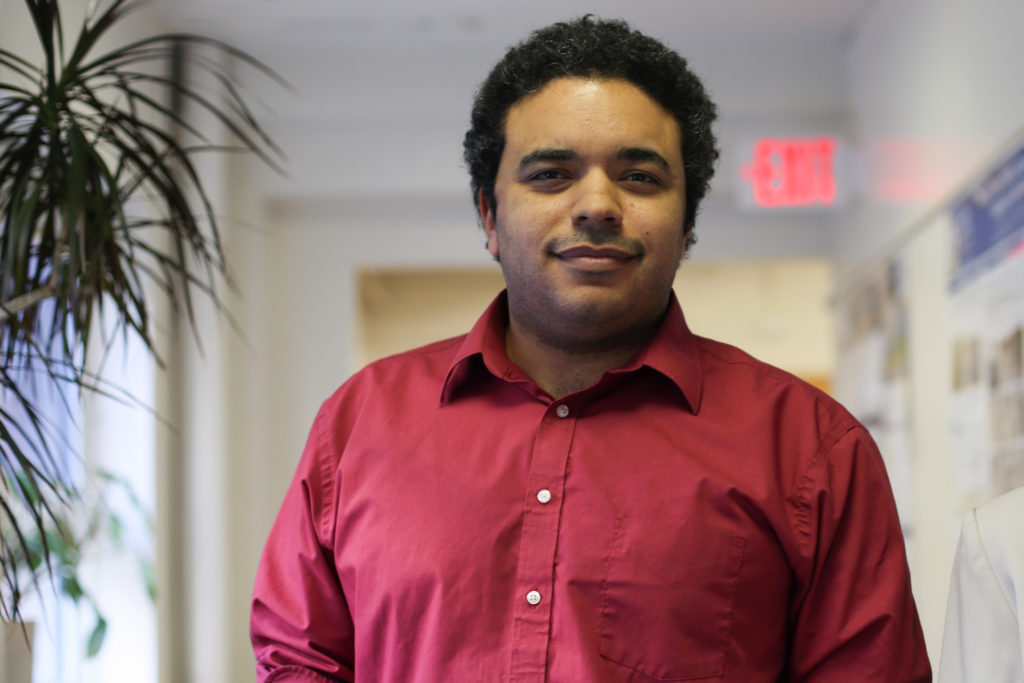Students pursuing a degree in cognitive neuroscience will soon graduate with a Bachelor of Science instead of a Bachelor of Arts.
The Columbian College of Arts and Sciences undergraduate studies committee gave initial approval last week to reclassify the major, officials said. Faculty said the redesignation, slated to go into effect in the fall, will better reflect the major’s high credit-hour requirements and focus on quantitative coursework.
Elizabeth Chacko, the associate dean for undergraduate studies in CCAS, said the psychology department “recently” submitted a request to reclassify the cognitive neuroscience major, and the redesignation will go into effect “pending some corrections in course sequencing.” She said officials support the reclassification “as with all things beneficial to students.”
She said the redesignation will not impact students and faculty because there will be no changes to courses taught.
“CCAS values Bachelor of Arts and Bachelor of Science degrees equally, with a Bachelor of Science degree incorporating more upper division science-based courses,” she said.
The cognitive neuroscience major is currently designated as a Bachelor of Arts and has been since its inception last spring.
Dwight Kravitz, an assistant professor of cognitive neuroscience and director of cognitive neuroscience, said the change would better reflect the science-intensive nature of the major’s requirements, which he said were “way too heavy” to fit a Bachelor of Arts.
Cognitive neuroscience majors are required to take between 60 and 65 credits of required courses compared to the 41 credits mandated for a Bachelor of Arts in psychology, according to the University Bulletin.
Majors must also take at least two biology courses with a lab in addition to courses involving psychology, programming, calculus, statistics, neural circuitry and research laboratory experience. Students can also take courses in anthropology and philosophy to satisfy some elective requirements, according to the psychology department’s website.
“The major is like a Bachelor of Science, so if we’re going to have any meaning for that distinction, it should be,” Kravitz said.
Kravitz said the major designation would be helpful for students applying to medical school or graduate school because admission committees often view a Bachelor of Science as more “science-heavy” and rigorous than a Bachelor of Arts.
Kravitz said students have been requesting the redesignation since the major was launched. Sixteen students have declared a major in cognitive neuroscience, with two to three more students in the process of declaring, Kravitz said.
“I think the administration’s support grew out of one of their requests because students were declaring self-initiated majors that were neuroscience in all but name,” he said. “They recognized that the desire was out there.”
Sarah Shomstein, a professor of cognitive neuroscience, said officials wanted to reclassify the major to reflect the program’s “comprehensive” quantitative coursework, which is typically associated with science degrees. She said there may have been a misconception when the major was first introduced that the coursework requirements did not warrant a Bachelor of Science, but leaders of the program knew “that was not quite right.”
“The Bachelor of Arts designation is really just a misnomer,” she said. “It’s like you make a boat and you call it a train. It doesn’t make any sense.”
Shomstein said the major’s high credit requirements are as “rigorous” as other Bachelor of Science degrees, like biology and chemistry, offered both at peer institutions and within the university.
Stephen Dopkins, an associate professor of cognitive neuroscience and the director of undergraduate psychology advising, said he supports the change because the move indicates that the University recognizes psychology more as a “hard” science than a social science.
“Psychology has always wanted to be more of a science,“ he said. “That’s our dream.”
Gaby Paez, a freshman majoring in cognitive neuroscience, said she has been “upset” that her major is classified as a Bachelor of Arts even though she views the curriculum to be just as difficult as the neuroscience major, which also launched last year and is classified as a Bachelor of Science.
“I agree that it is pretty quantitatively heavy, so it is worthy of being a Bachelor of Science,” she said.





